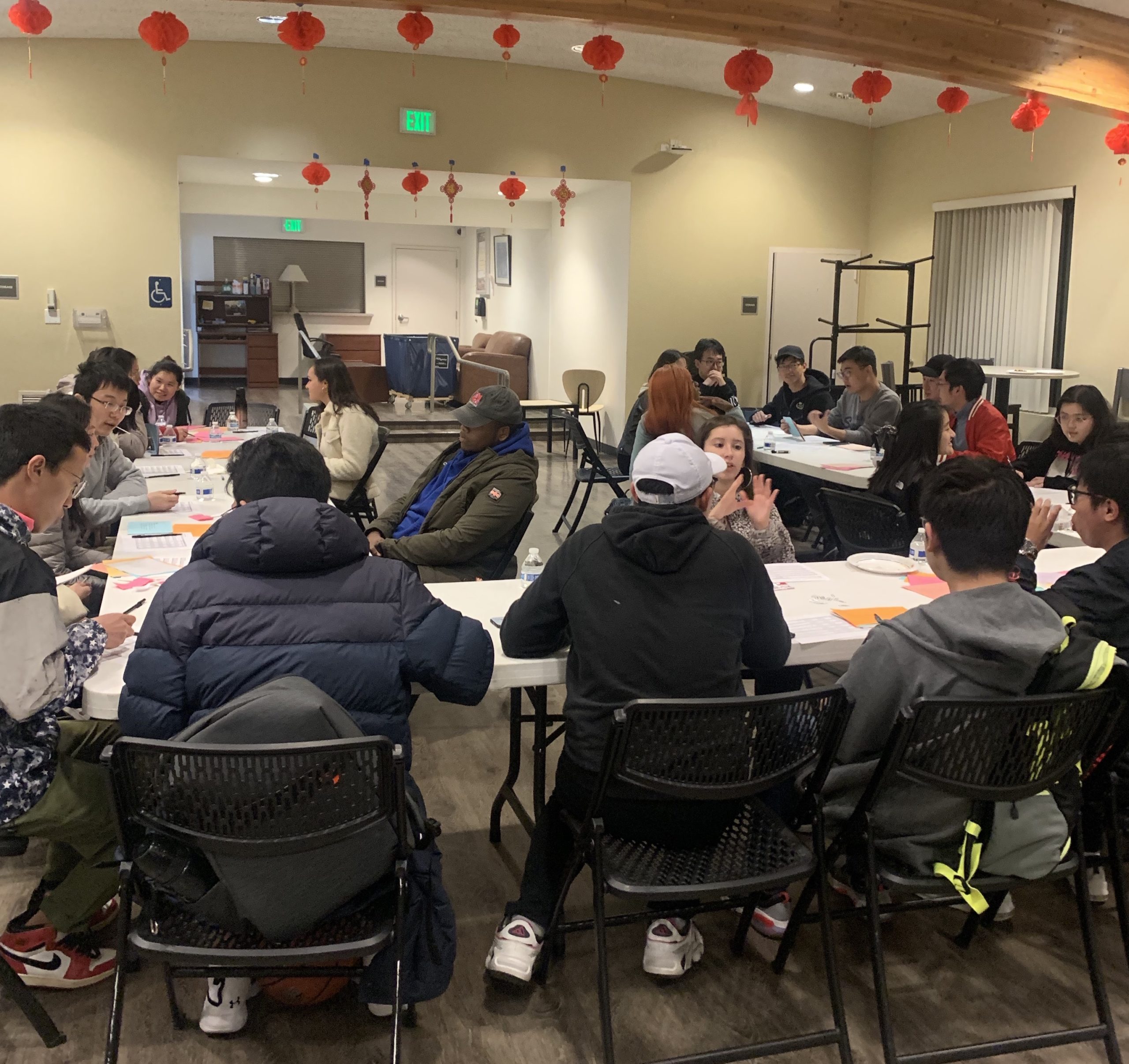By Eugene Chang
Being an international student isn’t easy. When placed in an alien and unfamiliar world completely different from your own, surrounded by people who speak different languages or celebrate different holidays, it is difficult to adjust. How would I have known this transition would be so hard? I moved to the United States when I was ten years old from Hong Kong. Here in the States, cars drive on opposite sides of the road, electrical outlets are completely different, soda cups are bigger than my face, and if you do not tip your waiter, you’re a terrible customer. The list goes on and on, and for a kid who spoke at best grammatically incorrect English, this was terrifyingly overwhelming. I made a ton of mistakes along the road, and the journey has most certainly been bumpy, but I enjoyed every moment of it. However, if I were to go back in time, sit my ten year old self down and talk to him, I would give him the following advice. Whether you’re an international student at USC who is scared of the new environment, or you’re a USC student thinking of going abroad this summer or later, I hope that my tips to my former self can benefit you as well.
1. Do not be afraid to ask for help.
Don’t understand what the teacher just said? Ask him or her to repeat it. Don’t know where your next class is? Politely ask a stranger for directions. Need help brushing up your English speaking and writing skills? Don’t be afraid to hire a tutor or to ask friends to practice speaking with you. Whatever your concern in this unfamiliar place is, people are always willing to help. It is completely ok to ask for assistance, because that is how people learn how to do anything! When I was little, I was extremely hesitant to ask for help because I was embarrassed about my thick Chinese accent and I didn’t want to burden anyone. That only ended up hurting me, because as I spent more time in the US, I learned that people are very friendly and will almost always help if you have a problem. Speaking of my irrational fear of speaking in English, here is my second tip.

2. Try to speak the native language as much as possible.
Learning to be comfortable with speaking a language that is foreign to you is like learning how to play a guitar. Do you think Chuck Berry knew every single chord and could play any song he wanted when he first picked up a guitar? No! He spent hours and hours practicing and playing until blisters formed on his fingers. The same goes for speaking a language. You do not have to be good at speaking, you just have to speak. Get comfortable speaking broken English, or Italian, or Chinese. Because in the end, you’ll notice that the more you speak in the country’s native tongue, the more you catch your own grammatical mistakes by listening to people around you. Speak it, listen to it, read it, and sooner or later you’ll find yourself catching other people’s mistakes in their speech. Take this time when we are stuck inside to get ahead on your language-learning skills on your own time!

3. Make friends that speak the language you want to learn.
This might be the only time that peer pressure will help you. When you surround yourself with friends who speak a different language than you, you will get more motivation and incentive to learn and speak that language. They can also help point out your mistakes and help you become a better speaker. There is no better way to learn new slang or idioms than from your new buddies overseas. Obviously this does not mean to avoid making friends who speak the same language as you, but the more you spend time with people who speak the local language, the more you will force yourself to speak it. Even texting, calling, or video chatting them will help improve your speaking in small increments throughout the day.





